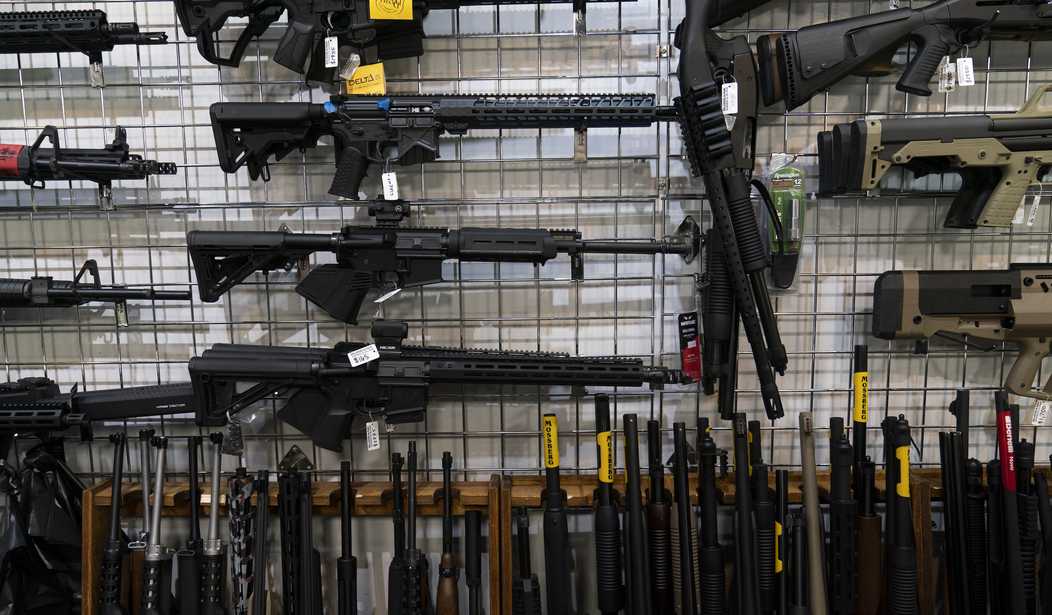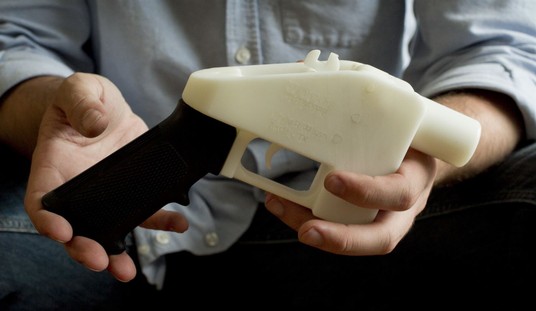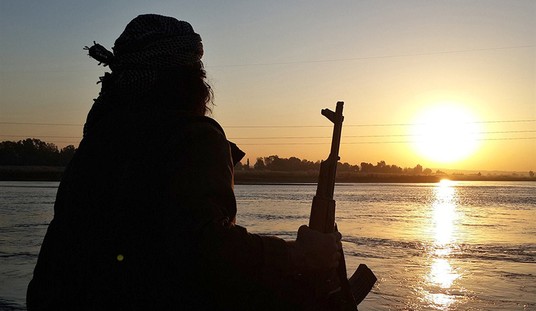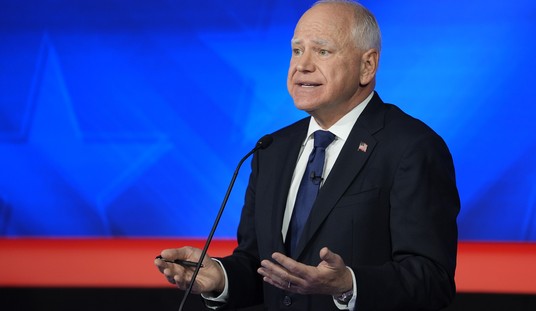Following mass shootings, we usually see renewed calls for gun control. For the advocates, this is a golden opportunity, a chance to strike while the iron is hot. For others, it just feels right to Do Something (TM).
And one of the favorite kinds of marketing is to have survivors of these shootings push for it.
That’s what’s happening now, as survivors of the Club Q shooting and the Pulse shooting join forces to advocate for gun control.
Survivors of last month’s deadly mass shooting at a Colorado gay nightclub testified Wednesday to Congress about the onslaught of threats and violence against members of the LGBTQ community as they urged lawmakers to pass a law banning some semiautomatic weapons.
They were joined by Brandon Wolf, a survivor of the 2016 mass shooting at Orlando’s Pulse nightclub, who said both tragedies are indicative of the daily perils facing LGBTQ people in the United States.
“Being LGBTQ in America in 2022 means looking over your shoulder before you hold hands with someone you love,” Wolf said. “It means watching your very humanity be litigated day in and day out on every cable news network and across every social media platform. It means wondering if today is the day that hate comes armed with a clenched fist — or worse, an AR-15. It means wondering if today your little slice of normal, the thing you told yourself you didn’t deserve, comes to an end.”
Michael Anderson, a 25-year-old bartender at Club Q, described how his place of work was a safe haven for him and many others before a 22-year-old shooter turned a drag queen’s birthday celebration into a massacre on Nov. 19. Five people were killed and 25 were injured before the shooter armed with an AR-15-style semiautomatic weapon was subdued by patrons.
”This shooter entered our safe space and our home with the intention of killing as many people as possible, as quickly as possible,” Anderson said. “They used a military-style weapon that exists solely for the intention of killing other human beings, and began to hunt us down as if we were disposable, as if our lives meant nothing.”
Funny how these survivors, supposedly otherwise uninterested parties, so perfectly parrot the anti-gun talking points we routinely hear from gun control groups like Brady and Giffords.
And yet, people give these folks credence they might not otherwise offer to others.
Why? Because they survived something awful.
Yet we also need to remember that their status as survivors of mass shootings doesn’t grant them any degree of expertise beyond what they experienced directly, and that’s a pretty heavily biased sample.
So why do these people continue to be held up as if their opinions on what happened matter? Because the media has an anti-gun bias and they know the emotional arguments of survivors hit differently than you or I talking about how the AR-15 isn’t the problem.
It’s not a weapon of war. It’s not specifically designed to kill as many people as possible as quickly as possible. It has legitimate sporting purposes. It’s in common use and thus cannot be banned as per the Supreme Court.
None of that matters when people get emotional about gun control.
I’m not taking anything away from what they experienced, but I’m going to tell them straight out that those shootings were probably going to happen even if the so-called assault weapon wasn’t a thing. It would have been just as horrible with a handgun, as well.
Gun control is not the answer, and holding survivors up is making it difficult to even ask the right questions.








Join the conversation as a VIP Member